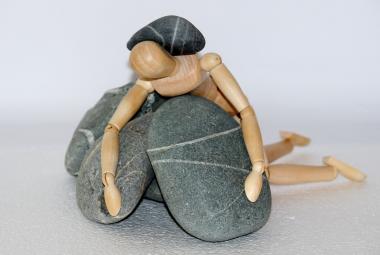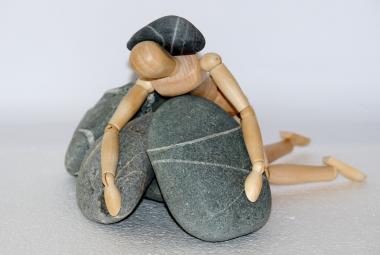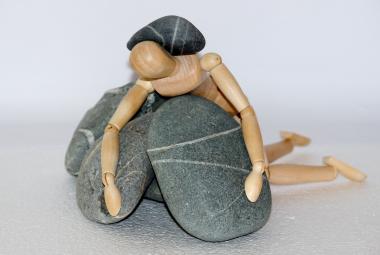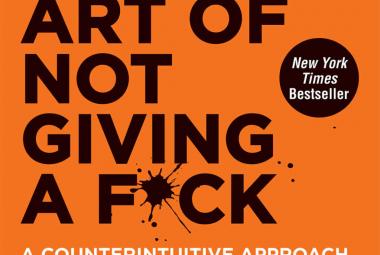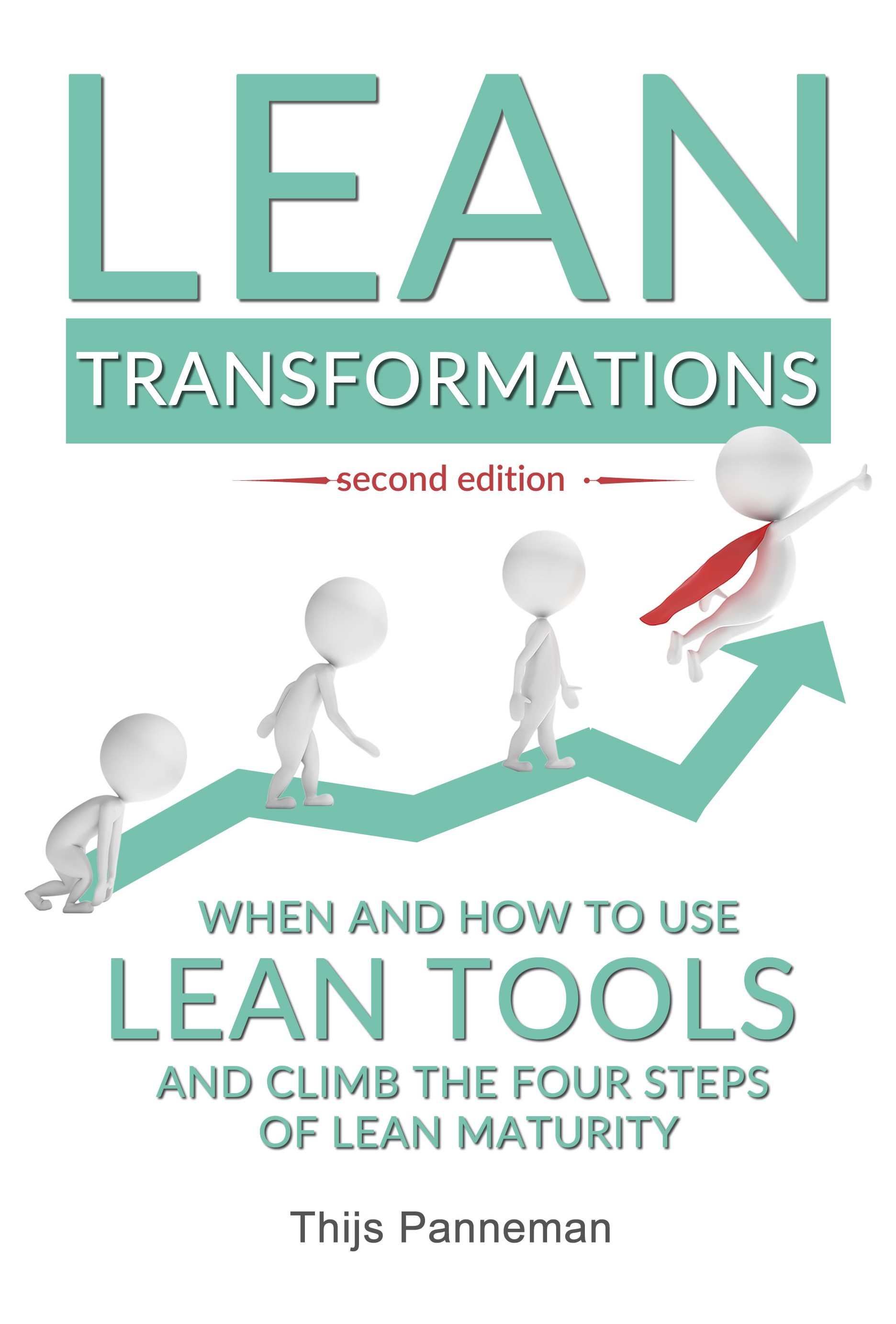In The Corporate Athlete, Koen Gonissen and Alain Goudsmet describe a holistic approach for maximal personal performance. In this book, the authors present a model in which every person has three batteries: for mental, emotional and Physical resistance. Each of these batteries can be strengthened, improved and need to recharged.
A few basic principles which are connected to this model are: manage your energy, not your time (1), you are as strong as your weakest battery (2) and take good care of yourself to be able to recharge your batteries faster (3).
The BACKGROUND of this theory is as follows. In 1950, Maslov presented his pyramid of human needs based on 5 different layers: physical needs (1), the need for safety &security (2), social needs (3), self-esteem (4) and self-actualization (5).
In 1970, Alderfer reduced these 5 needs into three categories: Physical, emotional and Mental needs. The three batteries described in this book are derived from Alderfer´s three categories of human needs.
To perform optimally, you need to take care of all of your human needs in terms of your physical wellbeing, your emotional intelligence and the mental wellness. When you want to improve your effectiveness in any aspect of your life, it is important to invest in all three of the batteries, because ´you are only as strong as your weakest battery´.
To STRENGTHEN YOUR BATTERIES, in terms of increasing the capacity of each battery, the authors describe the following activities.
Set personal priorities to strengthen the mental battery. This will help you validate whether or not you are spending your energy on the right things and if your actions lead to the results that are important to you. More tips about prioritizing can be found in the summary of Stephen Covey´s book – First Things First.
Get rid of incubators of Stress to strengthen the emotional battery. Taking the metaphorical needles from the bottom of your feet will save you energy on the long term and prevent a possible emotional bomb from exploding at the wrong time.
Manage your energy by listening to your body, to improve your physical battery. A daily routine will help you do that. Think about getting up at the same time every day, having fixed times for daily meals, and regular sport activities.
Next to strengthening your batteries, you can also INCREASE RESISTANCE OF THE BATTARIES, so that they last longer and need less recharging. Here is one tip for every battery:
Learn how to relativize to optimize your mental battery. Focus on today and on the first next step which need to be taken in a certain situation. Prevent unwanted emotions from taking over control by taking an objective viewpoint at a situation. A small tip to change the way you see a situation is to remove the word ´not´ from your vocabulary.
Take time for your relationships to increase resistance on your emotional battery. Everybody has stress factors in their life. The trick is to minimize the amount of energy that it costs you to deal with these stress factors and that is done by talking about them to your friends and family. Expressing emotions does not only reduce stress, it also increases self-esteem.
Take regular moments of relaxation to increase the resistance of the Physical battery. Things like ´stretching your legs´ or taking 5 minutes to reflect on what you really want to achieve with a certain action directly reduces your metabolism, heart rate, blood pressure, breathing and muscle tension, all of which leads to burning less energy.
Thirdly, Gonnissen and Goudsmet describe HOW TO RECHARGE YOUR BATTERIES. The energy level of a person is similar to a battery. As soon as you have used up the energy, it needs recharging. Whatever gives or costs you energy is personal and each activity can impact multiple batteries. There are however a few basic areas, which all help you recharge faster: exercise, nourishment, social contacts, humor, relaxation and sleep.
In terms of exercise, the authors recommend 3x10 minutes of core-training, 3x30 of cardio training and 2x30 minutes of muscle trainings a week.
In terms of nourishment, the authors recommend a balanced diet with lots of vegetables and fruits; focus on eating white meats, fish and poultry for proteins, and balance your food intake over 3 meals and 3 snacks a day.
Social contacts are important to prevent depression. Research shows that people who work at home 2 days in a row are less productive due to the lack of social contacts during those days.
Humor is important as well. One minute of laughing has the same relaxing effect on the brain as 45 minutes of physical exercise.
Next to laughing, relaxation can be found in activities like Yoga and Tai-chi, or other non-competitive sports like hiking, jogging and swimming.
And last but not least, sleeping is one of the most important ways of recharging all three batteries. Only when you fully recharge at night, you can spent your maximum amount of energy during the day. Sleeping cycles normally have an interval of 90 minutes and works kind of like a train. You can feel yourself when the train is about to leave because you will feel tired. When you miss the cycle; you have to wait another 90 minutes before you feel the need for sleeping again.
To be able to be an athlete at the office, it is important to take a holistic view on how you live your life. Having a lot of knowledge is not enough for optimal performance, you need to be emotionally stable and have physical energy to be able to use that knowledge to your advantage.
With the methods described above, everyone can increase his energy levels on all three levels and with that increase personal productivity.
Continue to:







